US military trainers trickle back into Pakistan
Fewer than 10 US special ops soldiers sent to training site near Peshawar, will instruct Pak Frontier Corps trainers.
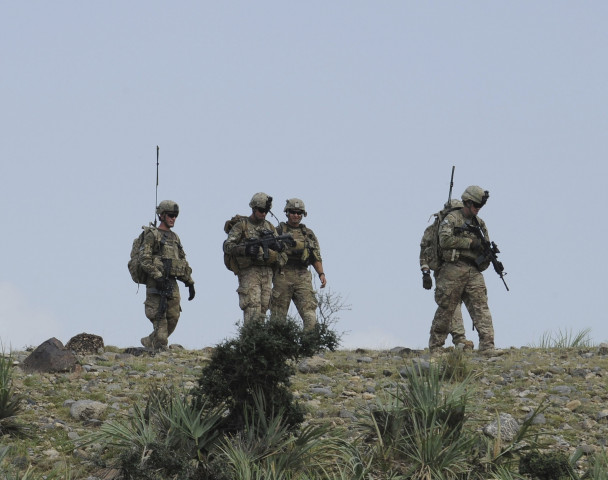
Fewer than 10 US special operations soldiers have been sent to a training site near the border city of Peshawar, where they will instruct trainers from Pakistan's Frontier Corps in counter-insurgency warfare, a US official said.
The number of American military instructors in Pakistan dropped to zero after US aircraft killed 24 Pakistani soldiers in late November. Nato labeled the border incident an accident but it enraged Pakistanis and sent already tense ties with the United States into a tailspin.
"I wouldn't call this a watershed moment (but) it's not insignificant that this is happening," the US official said on condition of anonymity.
The picture is less encouraging on cooperation between US and Pakistani intelligence, which several American officials said remained dire as Pakistani officials resist easing restrictions on issuing visas to US intelligence personnel.
In retaliation for the border deaths, Pakistan also shut down ground supply routes crucial for keeping US and Nato soldiers equipped in neighboring Afghanistan, and clamped down on US military personnel operating in Pakistan.
"At a strategic level, the relationship is still at a very rough place," the official said.
"There's a lot more we want to do to improve it, but (the trainers' return) is an important sign that at least in some areas we're getting a healthy sense of normalcy."
Normalcy is relative when it comes to relations between the United States and Pakistan, which are nominally allied against Islamist militants but have been frequently pitted against each other in a string of mutual recriminations.
Those include Pakistan's jailing of a Pakistani doctor who helped the United States hunt down Osama bin Laden last year, as well as the US raid that killed bin Laden, which Islamabad was not informed of beforehand.
At a Nato summit in Chicago this month, President Barack Obama snubbed his Pakistani counterpart, Asif Ali Zardari, by refusing to hold a meeting with him because Pakistan had not reopened the supply routes.
US and Pakistani talks aimed at reopening those routes - which becomes more important as Nato nations prepare to withdraw from Afghanistan - appear to be deadlocked over how much supply trucks must pay on their way through Pakistan.
Intelligence cooperation has been strained since the arrest last year of CIA contractor Raymond Davis, whose killing of two Pakistanis in Lahore fueled Pakistanis' suspicions about American spies roaming their cities.
Military cooperation may be easier to repair, as some of Pakistan's military leaders were trained in the United States and have more friendly ties with the Pentagon.
In the past, there had been some 200 to 300 US military personnel stationed in Pakistan, many of them training Pakistan special forces to confront militants.
But Islamabad sharply reduced the size of the mission after the bin Laden raid.

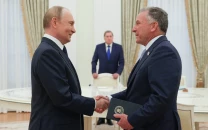
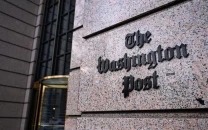
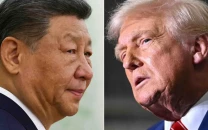


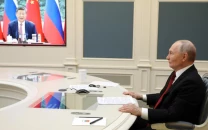












COMMENTS
Comments are moderated and generally will be posted if they are on-topic and not abusive.
For more information, please see our Comments FAQ